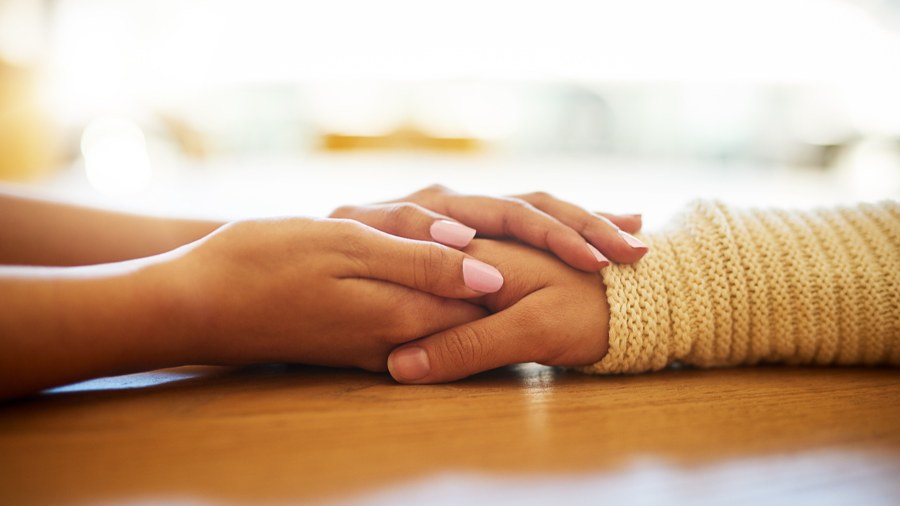
The woman on the phone was crying. She had told friends about her miscarriage, and they had rushed to offer support. Unfortunately, that only made her feel more isolated, she said, because her friends said things like “I’m so sorry this happened to you” — phrases that each time reminded her that she had lied. She hadn’t had a miscarriage. She was in anguish because she’d had an abortion.
Abortion has been in the proverbial spotlight throughout 2022, mostly divided among those who support its full-term legalization, those who oppose its legalization, and the majority of Americans who fall somewhere in the middle. But there is another divide, one which is too often ignored — the line between those who suffer after their abortions, and those who “shout” their abortions.
Support After Abortion’s recent national study shows that this same trend happens with abortion-related trauma: 69% of women who want healing from abortion want to do so anonymously.
The woman at the top of this piece didn’t talk to me personally; she called the After Abortion Line offered by Support After Abortion. Like so many other women and men who contact us, this woman felt ashamed because she needed someone to talk to, but she believed her friends wouldn’t understand her grief and shame. And so, she lied, compounding not only how she felt, but the traumas she had undergone during and before the abortion.
Society Tends to Invalidate Suffering and Grief After Abortion
There are many reasons that women and men suffer emotional and psychological challenges after abortion. Sometimes, women come to us because they feel their pro-life family, friends, or clergy will judge them. Others simply want to come to terms with the unborn child whose life was ended. And still others believe that because abortion is socially acceptable, opening up to those who support legalized abortion will result in being ostracized.
Feelings, fears, and actions like this woman’s are common among people with underlying traumas. I’ve seen it throughout two decades of helping children and families; the psychological literature is likewise clear that people often hide trauma because the truth is too painful. Support After Abortion’s recent national study shows that this same trend happens with abortion-related trauma: 69% of women who want healing from abortion want to do so anonymously.
We all know someone who hides pain behind a face. Perhaps it’s ourselves or our significant other; in my private practice, I’ve treated a woman whose parents were emotionally unavailable during her childhood. The only way she got attention was to replicate the successes of her parents; but even a nose job at 14, possessing physical beauty, and graduating at the top of her college class haven’t solved her low self-esteem and anorexia. She is terrified every day that society will see the “real” her.
Give People Who Suffer Trauma After Abortion Permission to Grieve
Women and men who experience abortion are no different. Their pain and their trauma are real; but instead of acknowledging their suffering, our society pretends it doesn’t exist. Sexual abusers, alcoholics, and drug dealers get mental health resources; but someone suffering after abortion is left to drift while their sufferings ripple unabated.
The Support After Abortion team hears these stories daily; but behind each call is a need for open minds and warm hearts that see humanity, not politics or religion. Our study found that while one in three women suffer adverse impacts from their medication abortion, almost two-thirds of all women who experienced medication abortions sought healing care or could have used someone to talk to.
The woman who called us lied because though her suffering and hurt are real, she was afraid to be invalidated about her loss being from abortion rather than miscarriage. Like millions of other women and men, she needed permission to grieve. It’s time to give women — and men — the safe place they need for healing.
Lisa Rowe, LCSW, is CEO of the abortion healing organization Support After Abortion.
Originally published at realclearhealth.com. Reprinted with permission.

